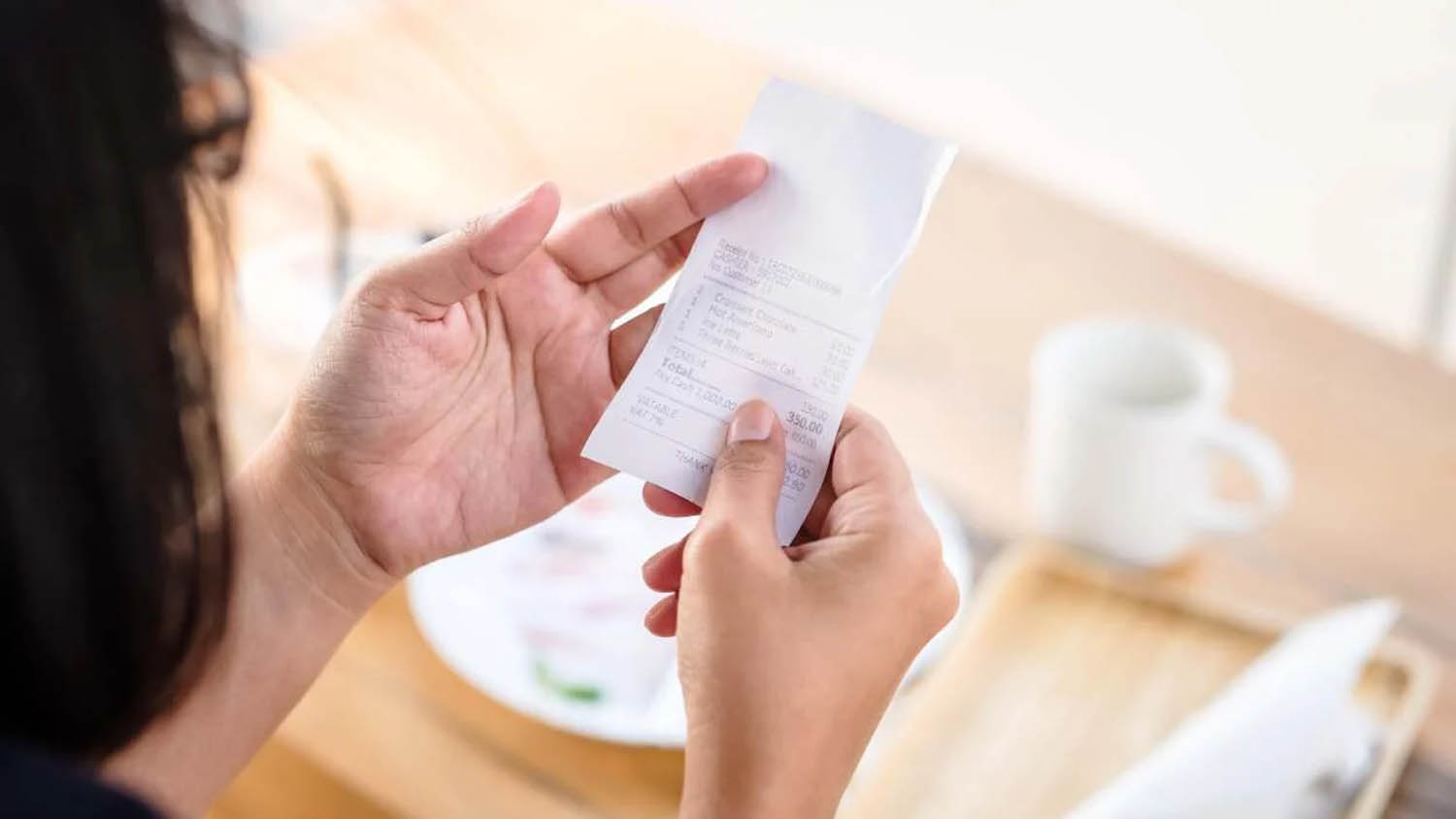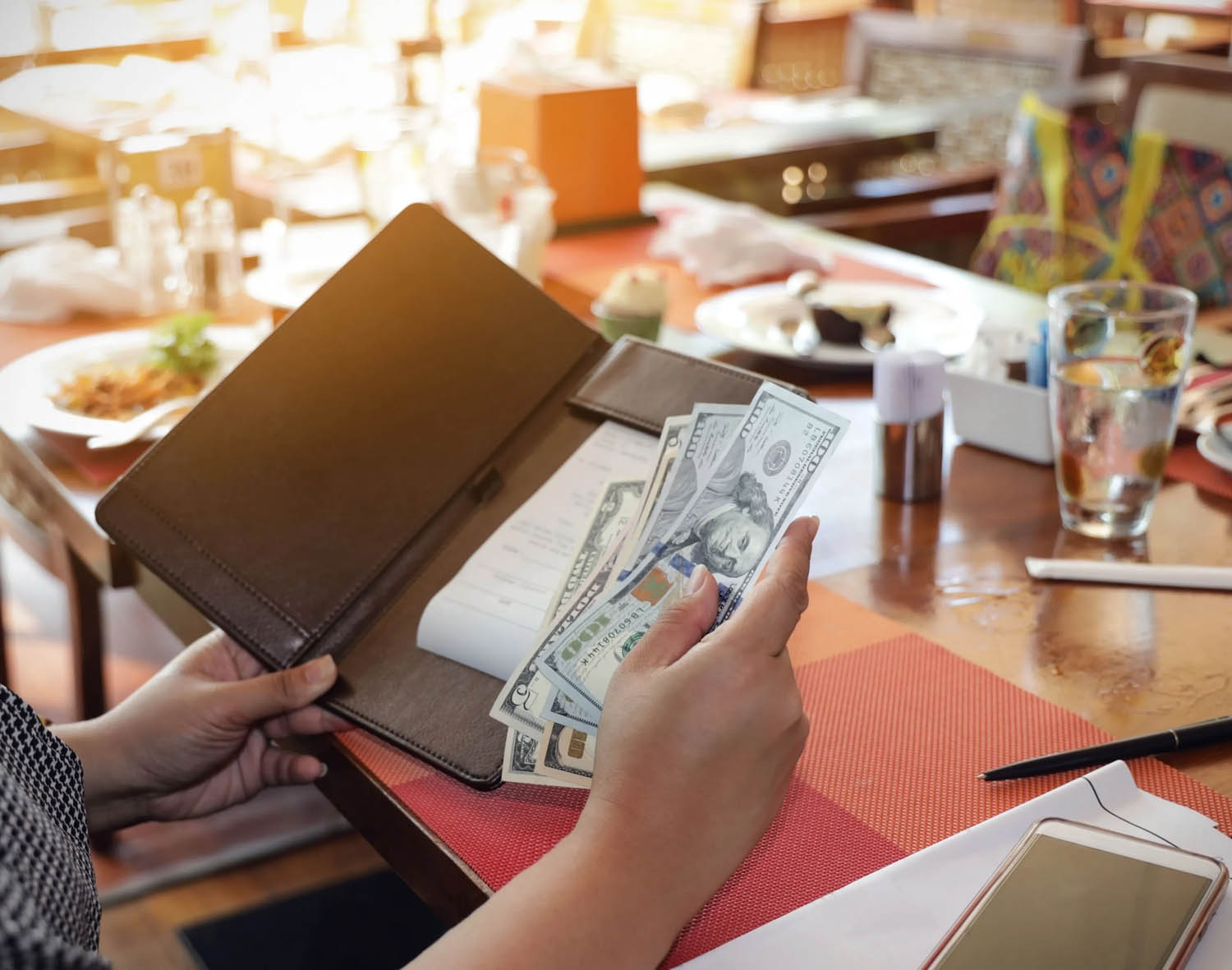Not paying the bill is a crime in every sense. But what are the consequences for those who try to be clever by skipping out after a hearty meal?
On the cover, the story of the 12 diners who fled without paying the 2000 euro bill during a "train" incident: it happened in Spain, at the Hotel El Carmen de Bembibre, in 2017.
The case
"Freeloaders," the cunning, the fraudulent, the runners: they have different names, but the concept remains the same. In the vast universe of restaurants, the figure of this customer who, after dining, disappears without settling the bill is becoming increasingly frequent and unsettling. Or, even worse, they book for an event and vanish into thin air at the end of the banquet. This phenomenon, besides being a daily challenge for operators, also constitutes a punishable offense by law. Is there a need to remind? Apparently, yes.

According to our legal system, the failure to pay after enjoying a restaurant service is classified as fraudulent insolvency, an act that leads to serious consequences for those who commit it. Article 641 of the Italian Penal Code clearly outlines this concept, defining fraudulent insolvency as the behavior of someone who, hiding their inability to fulfill contractual obligations, assumes them with the precise intent of not respecting them.

For this offense to be constituted, as also noted by lexplain.it, it is essential that the individual knowingly incurs a debt with the deliberate intent of not fulfilling it. This conduct, besides causing financial harm to the operator, undermines trust and reliability in commercial transactions. Those found guilty of fraudulent insolvency are liable to criminal penalties, which can include up to two years of imprisonment or a fine of up to 516 euros, as provided for by Italian law. However, it is important to emphasize that the offense can be extinguished if the obligation is fulfilled before conviction.

It should be noted that not all cases of non-payment after enjoying a restaurant service constitute a fraudulent insolvency offense. Situations where a customer realizes they do not have sufficient funds to settle the bill are considered contractual breaches, devoid of malicious intent.

In conclusion, the phenomenon of fraudulent insolvency in restaurants poses a challenge for operators. However, through the proper application of the law and consumer education, it is possible to effectively counteract this behavior and preserve the integrity of the food and beverage sector.











